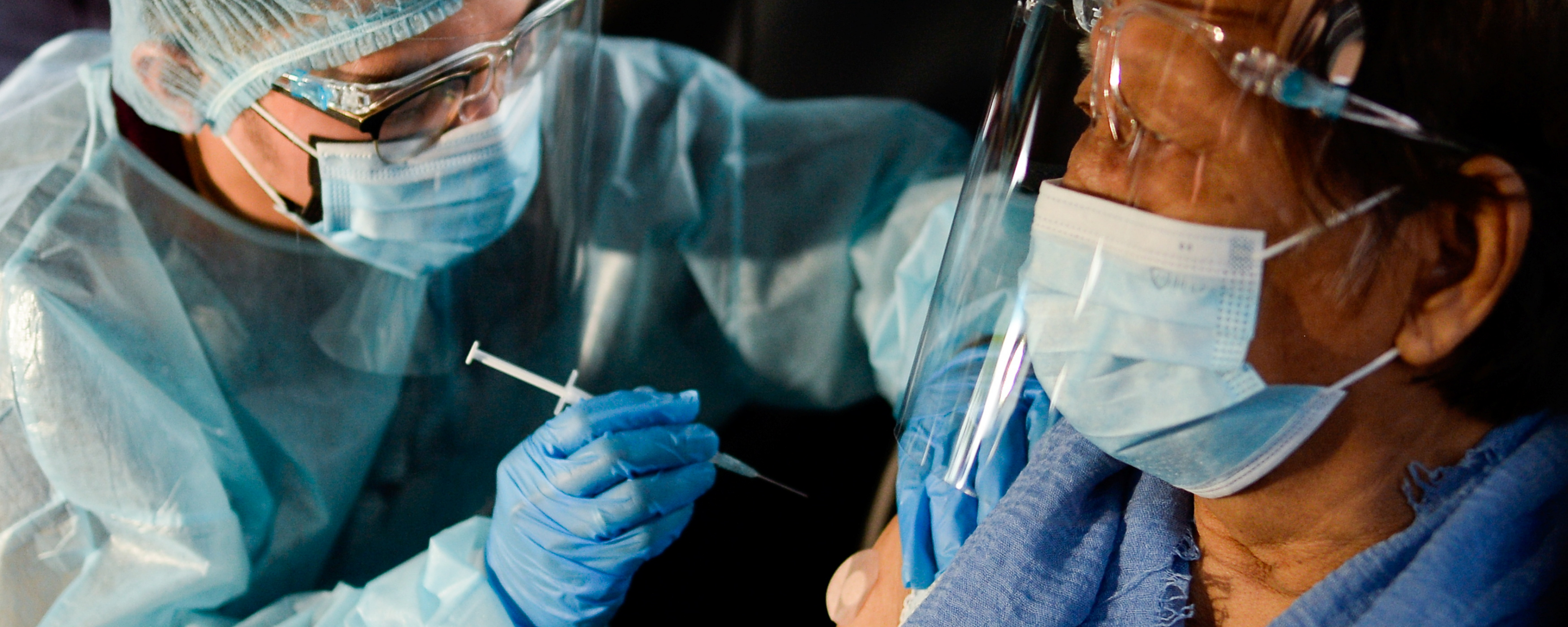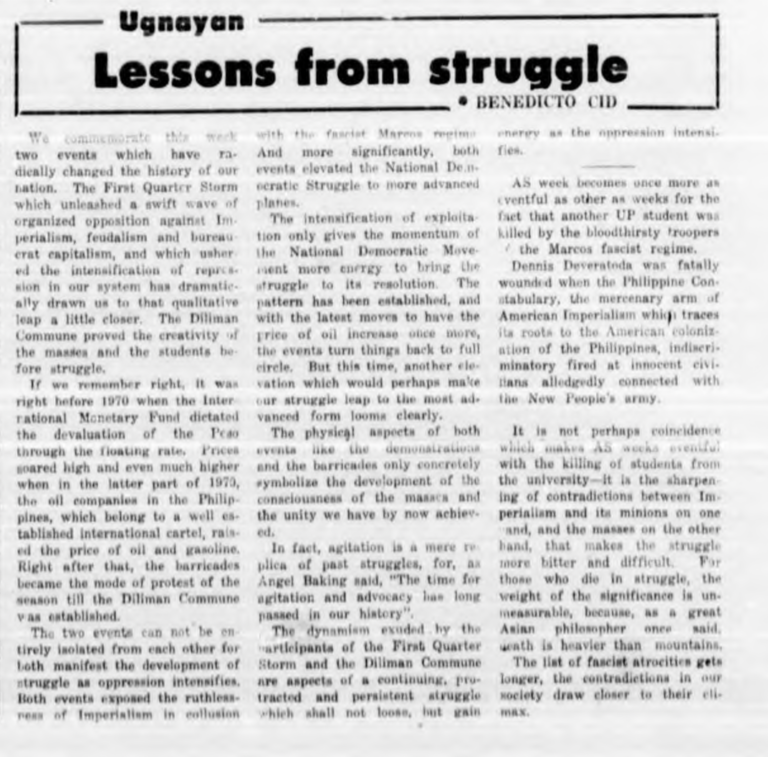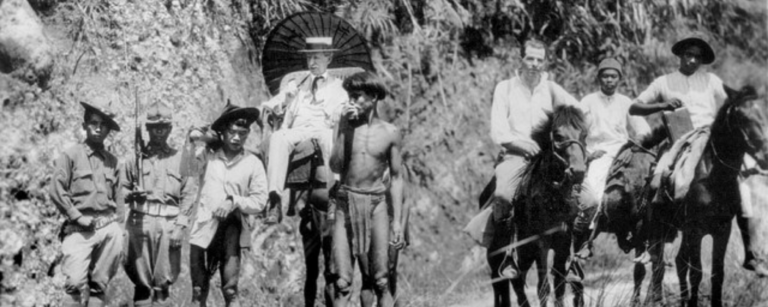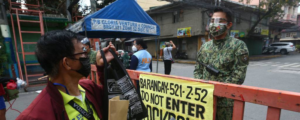
Almost a year and a half since COVID-19 began to ravage our world, there persists a strong demand for treatment and immunization. Sadly, low-income nations like the Philippines face a severe disparity in vaccine inoculation. This has led to prolonged lockdowns, deepening economic crises, and a slew of other problems.
Despite the emergence of more infectious variants of the COVID-19 virus, the World Health Organization’s (WHO) says it is not yet time to administer booster vaccines since supply is scarce. The WHO criticized the apparent haste among wealthy nations to administer booster injections while billions worldwide have yet to receive even a single dose. Doing so is ultimately considered immoral.
Moreover, the unwillingness of some governments and companies to give up patents and the rush for booster treatments when others are in desperate need of the vaccine has fueled much controversy.
Last month, the WHO asked for a halt on Covid vaccination booster shots to help alleviate the severe disparity in dosage distribution between rich and poor nations. Several countries plan to add a third vaccine as they struggle to contain the Delta variant’s spread. Furthermore, WHO officials argued that the research on booster doses of Covid vaccinations was still inconclusive. What was considered more necessary was the scarce vaccine supply in low-income countries.
Another issue is the delayed vaccination in various countries due to their economic capacity. Reports from the Economic Intelligence Unit (EIU), shows that the Philippines was expected to achieve herd immunity by 2023 — a projection of recovery that lags behind much of the word. Those in developed countries are expected to reach herd immunity objectives far sooner than developing countries.
Moreover, as of late August this year, at least 60% of the population of significantly greater economically developed countries had gotten at least one dose of vaccination. The figure was just 1% among poorer people in low-income countries.
“To put this in context, wealthier countries have administered 100 times the number of vaccines as poorer countries,” according to the EIU report.
The longer the pandemic continues, more deadly and infectious COVID 19 variants emerge. Currently, there are a variety of emerging variants all around the world. One of these is the Delta variant, discovered in India. It is fatal as it spreads considerably quicker than other variants therefore, generating a greater number of severe infections.
Today, the WHO is keeping an eye on a novel coronavirus variant known as “MU”. According to the WHO, it possesses mutations that have the means to evade protection produced by prior Covid-19 infection or vaccine inoculation. Moreover, according to the WHO, more research is needed to understand the clinical features of the novel variant.
These issues might have been easily avoided and resolved if wealthier countries had willingly distributed vaccines to the world. The production of Covid-19 vaccines and auxiliary supplies has surfaced as a formidable worldwide issue.
A solution to this scarcity is to improve the flow of raw materials. Manufacturing the COVID-19 vaccine array necessitates specialized manufacturing capacity, including materials and equipment manufactured in the United States and Europe. Global trade facilitation organizations, such as the World Trade Organization (WTO) and the International Chamber of Commerce (ICC), should collaborate to develop an international agreement requiring all countries to eliminate trade barriers that impede the global flow of vaccine materials and supplies.
Moreover, the Philippine government must also be responsive and effective when it comes to this matter. The current pandemic response is entirely inefficient, especially in terms of vaccinations. Despite having one of the longest and most restrictive lockdowns globally, the number of COVID-19 cases in the country continues to increase. Having this rigorous cycle of lockdowns doesn’t help to decrease the daily cases of the virus. Its continuous growth is extended due to a lack of mass testing and contact tracing.
With the Philippines intending to discontinue large-scale lockdowns in granular or smaller areas, improved contact tracing is necessary. Suppose the government continues to rely on pointless lockdowns and puzzling regulations, including perpetual ECQs. In that case, socio-economic disaster and overall health risks are waiting to happen unless we devise an excellent system for contact tracing and mass testing and connect it to our public information systems, particularly government officials. The pandemic should never be used to justify incompetence. Stubbornness and imperialist motives should not be the norm if the world is to ever recover from the pandemic.
Featured image courtesy of REUTERS / Lisa Marie David.








I am really inspired along with your writing skills as neatly as with the structure for your blog. Is this a paid theme or did you modify it yourself? Either way stay up the nice high quality writing, it is rare to see a great weblog like this one nowadays..